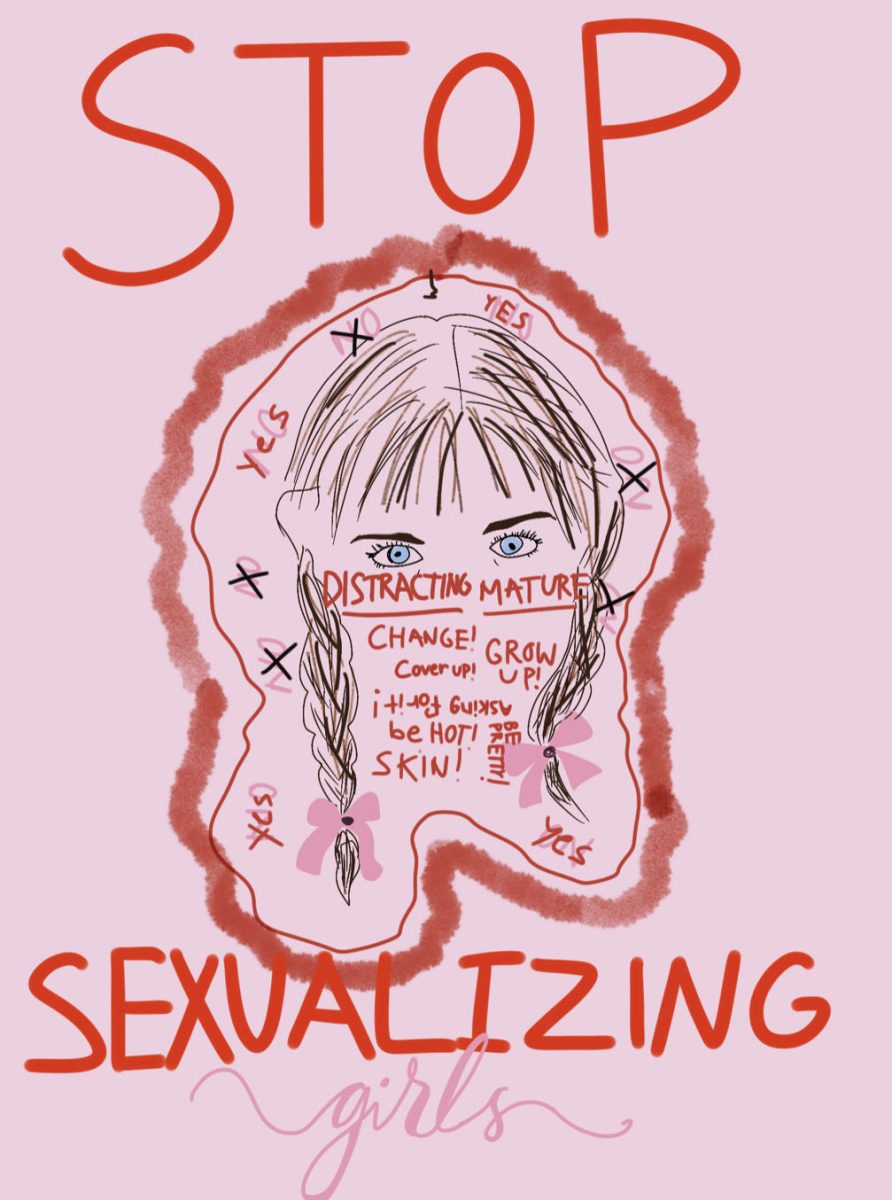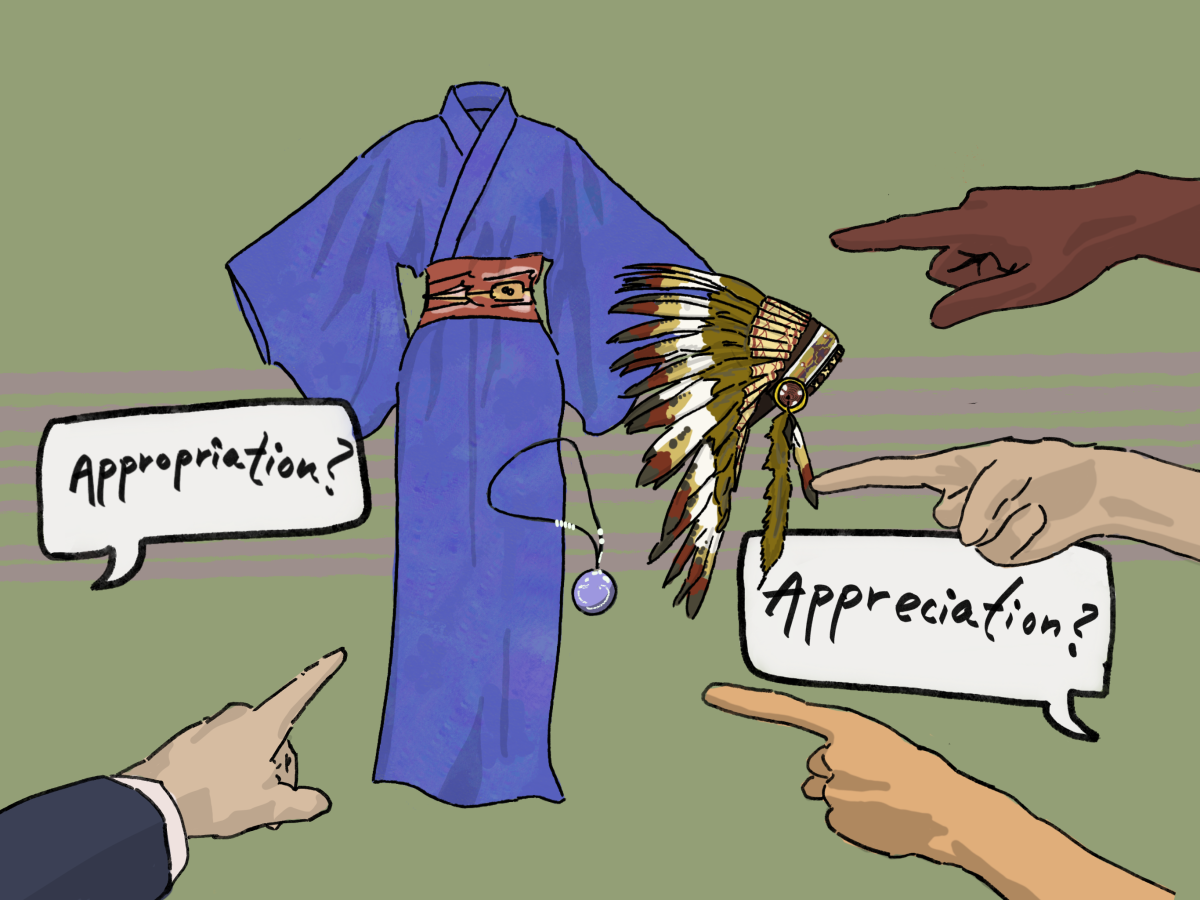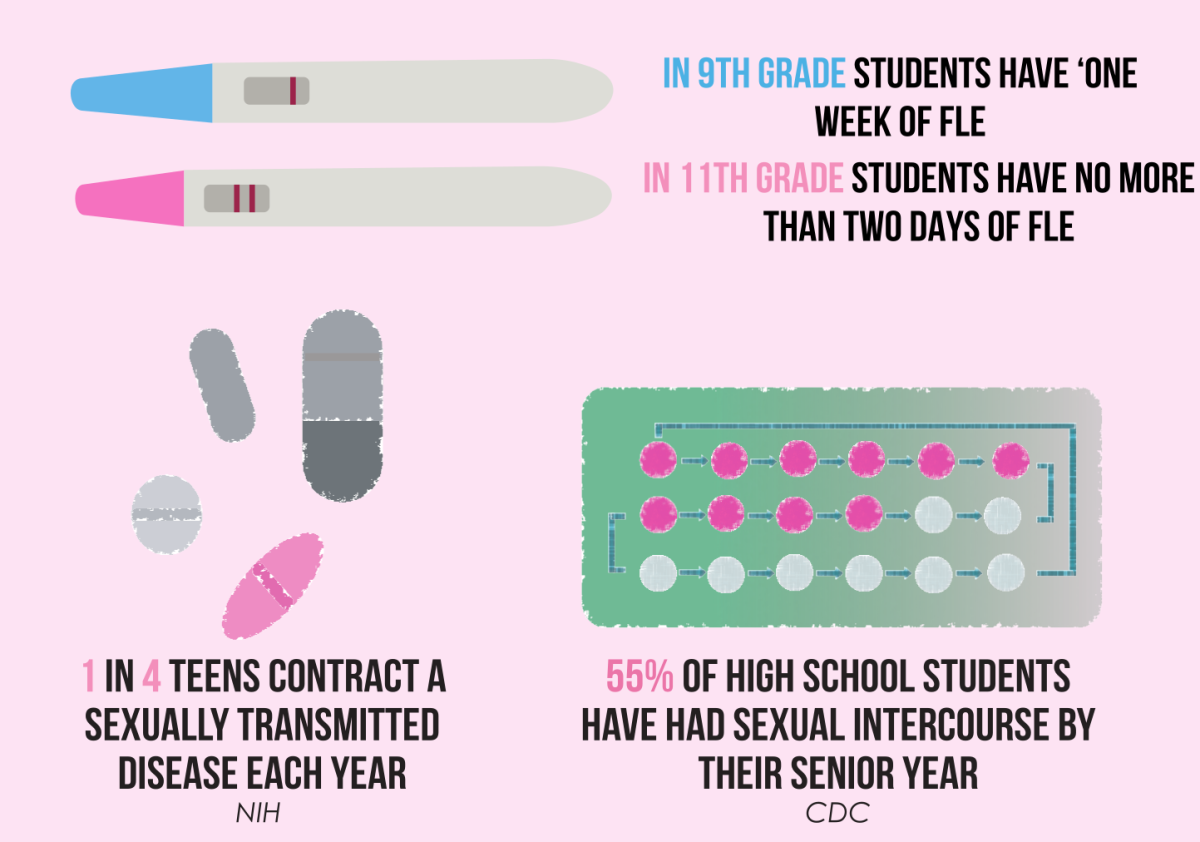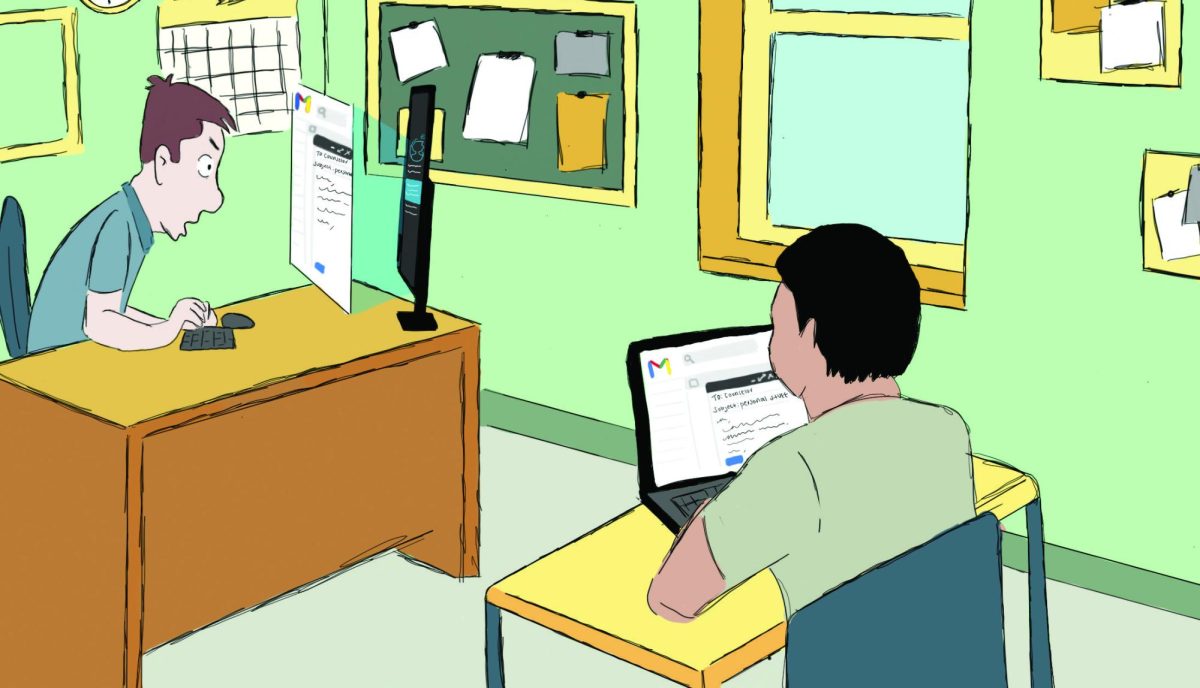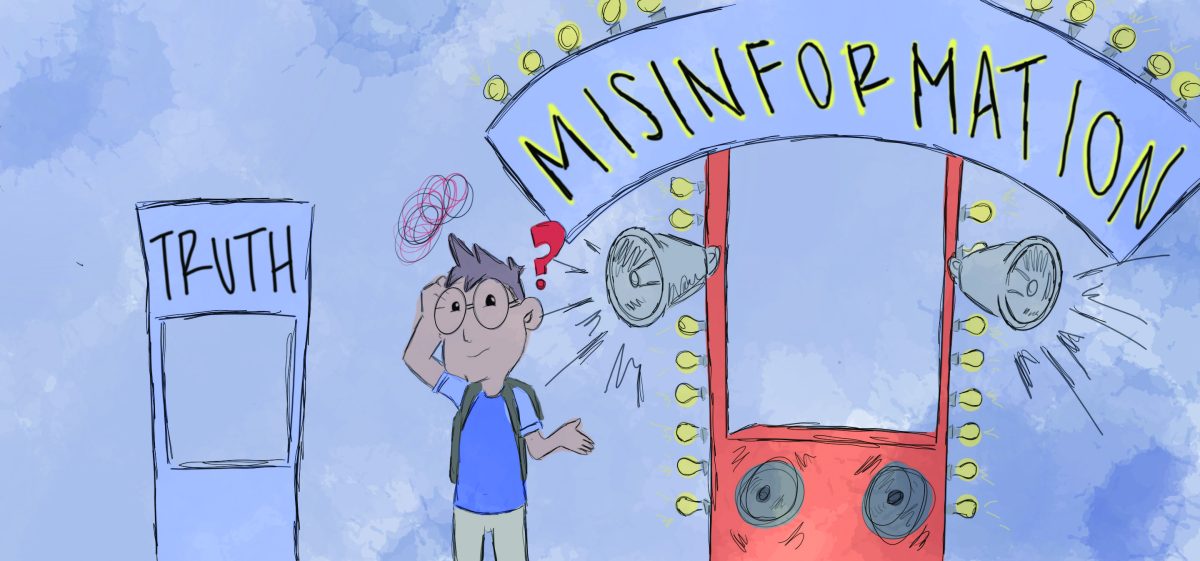In the rapidly changing world of today’s media, the portrayal of women has come under intense scrutiny, revealing a persistent and troubling trend of over-sexualization.
From advertisements to movies to social media, the representation of women often hinges on outdated stereotypes and skewed perspectives that can perpetuate harmful societal norms. Media outlets frequently succumb to the allure of sensationalism, choosing to prioritize visual appeal over substantive content and in the process, make women subjects in a narrative that reduces their value to mere objects of desire.
“When I am online and view these videos or photos [sexualizing women], I become concerned for my younger sisters who are exposed to this same content, which indirectly pressures them to appear older,” an anonymous source said. “I wonder how this exposure may impact the way younger generations of girls view themselves in this world.”
When I am online and view these videos or photos [sexualizing women], I become concerned for my younger sisters who are exposed to this same content.”
— Anonymous Source
The sexualization of young girls and the infantilization of grown women in the media has been on the rise, contributing to harmful stereotypes that often trivialize violence against women and create an environment where it becomes more acceptable to view children as “seductive”.
For example, a straight online search for “schoolgirl” versus “schoolboy” will display the effects of women’s narrative in the media. In the former, most of the women are older and clothed in provocative outfits; in the latter, the images are mostly cartoons or photos of real students.
The fact that simple terms are often marketed with scantily clad women, reinforces the notion that femininity is synonymous with seduction in our society. This approach not only undermines the intelligence and capability of women, but also reinforces harmful gender stereotypes that have far-reaching consequences such as low self-esteem, anxiety, eating disorders, depression, self-harm, and suicidal thoughts.
Research conducted for the Dove Self Esteem Project revealed that a mere 11% of girls globally describe themselves as beautiful. Moreover, six out of ten girls refrain from engaging in various activities due to their appearance. In Japan, a third of all 6 year olds struggle with low body confidence, while in Australia, girls rank body image as one of their top three concerns, and in the United States, 81% of 10 year old girls express fear of being overweight.
These staggering statistics illustrate how today’s media has only intensified the physical and mental health issues that come from the long standing pressure on young girls to conform to certain sexualized narratives.
Across all social media platforms, content tends to get traction as it becomes more provocative. TikToks gain more notice when the girls are wearing less clothing, which may subconsciously make them inclined to provide such content due to the validation of “likes”. However, these young girls are naively misled into wanting to exude sex appeal by an audience that is considerably older than them, thinking that objectification is the end goal, and in order to achieve that, they need to offer the most sexualized version of themselves.
This objectification of women has become an unfortunate norm which not only detracts from the depth of media’s storytelling, but also perpetuates the harmful notion that a woman’s worth is determined by her physical appearance.
“The fact that at the 81st Golden Globe Awards, Margot Robbie’s renowned performance in Barbie, a movie centered around female empowerment, was reduced to her boobs was so disappointing,” the source said. “Unfortunately, the fact that this joke was even approved displays the current perception of women in the media.”
As society becomes more aware of the damaging consequences of over-sexualization in the media, there should be a growing call for change. Advocacy groups, influencers, and individuals should push for more authentic portrayals of women that reflect their intelligence, strength, and diverse identities. It is imperative for media creators to recognize their role in shaping societal norms and take responsibility for promoting a culture that celebrates the complexity and strength of the female experience.


